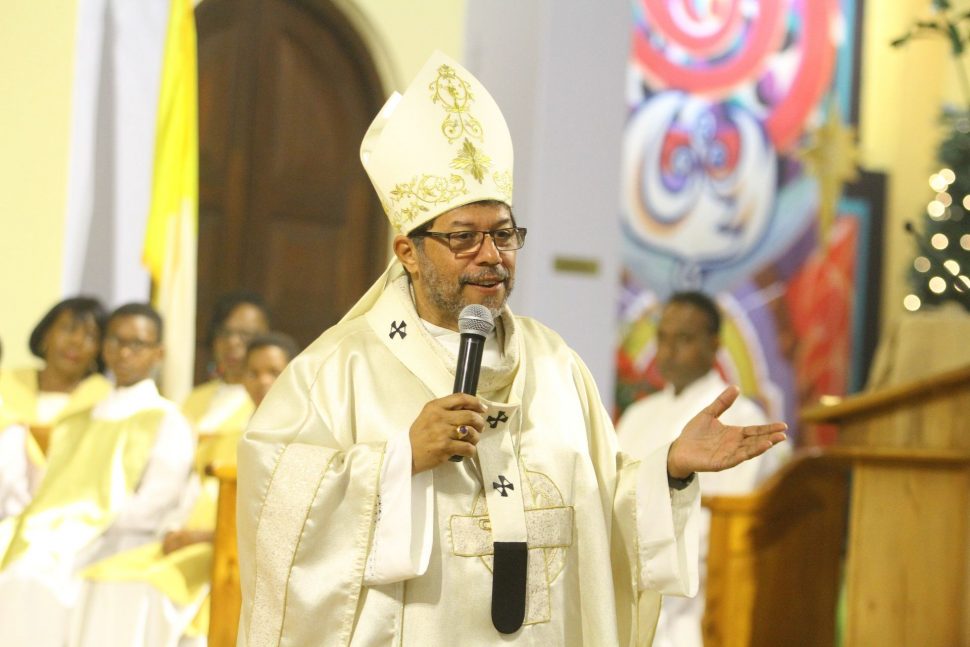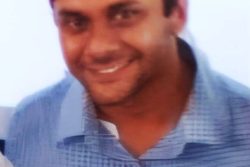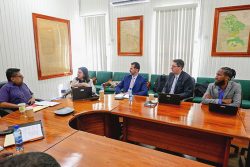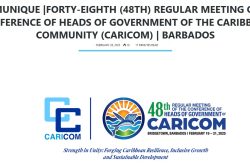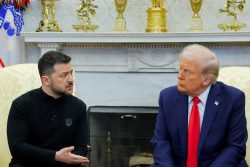(Trinidad Guardian) Roman Catholic Archbishop Father Jason Gordon is reiterating his call for Venezuelans to be given the chance to have a better life in T&T.
Speaking during an interview on I95FM over the weekend, the Archbishop said he has had discussions with Prime Minister Dr Keith Rowley and has suggested that Venezuelans are allowed to work in this country and be given biometric cards so that their activities can be legalised and they can also be monitored. He said without this opportunity, these immigrants could be susceptible to a life of crime.
“The temptation is to go into the illegal sector because they have to support their families. The best way in terms of the development of Trinidad and Tobago is to give them a card with limited rights so that they will know they can work, educate their children and they will know they can get emergency medical help. Whenever the crisis in Venezuela ends then they will go back to Venezuela,” Gordon said.
Gordon’s comment comes in the wake of a police exercise last week in which 19 South American girls believed to have been used as sex slaves were rescued by police from various locations in East and West Trinidad. Several Venezuelans have also been arrested in recent weeks for illegal entry into T&T.
Gordon added that the proposed biometric cards could be reviewed every year.
“The card cannot just be handed from person to person. If they break the law for instance, then part of the condition is automatic deportation. But as long as you are here and contributing to the society and its development you have that status and every year it’s reviewed,” the Archbishop explained.
He added that jobs which locals often reject can be performed by Venezuelans.
Gordon said the real question was not about the refugees but about what kind of Trinidad and Tobago citizens want it to be.
“While we must do what is right to meet the needs of our own citizens, we must also show compassion and hospitality and ensure that refugees in need of protection and support are treated according to international standards,” Gordon urged.
He agreed that Trinidad and Tobago was no refugee camp but noted that every country in the world had been accepting them.
“Refugees have been welcome throughout the whole of history. We cannot be the first people to decide that we do not want to welcome them,” he said.
Gordon suggested that churches and other agencies come together to formulate a plan on how the refugees would be integrated into society.
